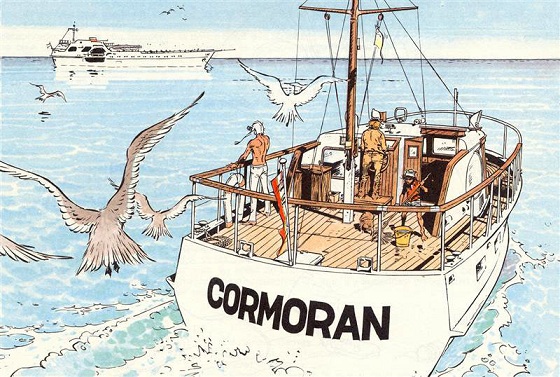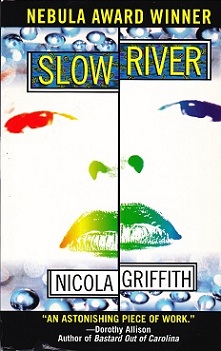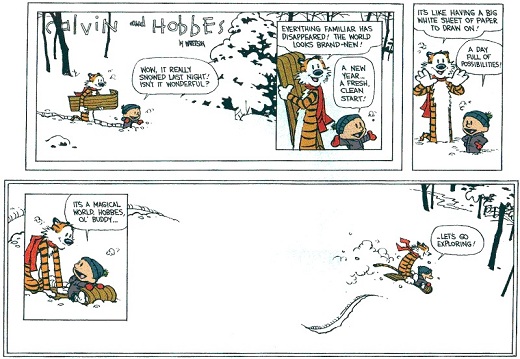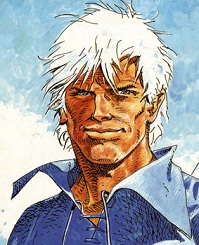
Though it has been getting better in the last decade, there are still huge amount of European comics that have never or only been sporadically been translated into English, even though these series were hugely popular all over the world. A publisher like Cinebook is doing its best to remedy the situation, but it’s still only a drop in the ocean. So I thought I’d spotlight some deserving series here every now and again. First up, Greg and Hermann’s Bernard Prince.
Bernard Prince is one of the classic adventure series from the groovy age of Franco-Belgian comics, created by two mono monikered top cartoonists. Greg was an editor/writer who had worked his way up through the pulp comic magazines to creating several series for the French Pilote, before becoming editor of Tintin in 1966. At the time this was an increasingly old fashioned, somewhat staid magazine overtaken by younger competitors. Greg turned it around by bringing in new artists and writers, creating several new series himself, one of which was Bernard Prince. As his partner he chose Hermann Huppen, a young new artist for whom this would be his breakthrough series.
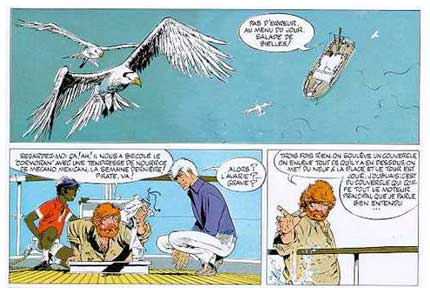
Together they would create some thirteen full length adventures, plus several short stories, with the series running from 1966 to 1978, after which Hermann quit the series to work on his own creations. Over the course of the series you could see his artistic talent grow and grow, as he evolved his art away from the somewhat flat, smooth. clear line inspired Tintin house style towards his own much more craggy look.
Only one short story of Bernard Prince has ever been published in English, in the august 1973 issue of a short lived comics zine called Wonderworld. Luckily, one Harry Lee Green has scanned it in and saved it for posterity. It’s as good an introduction to the series as any, even if the main character is slightly more passive than normal. Pay no attention to the translation, which is servicable at best.
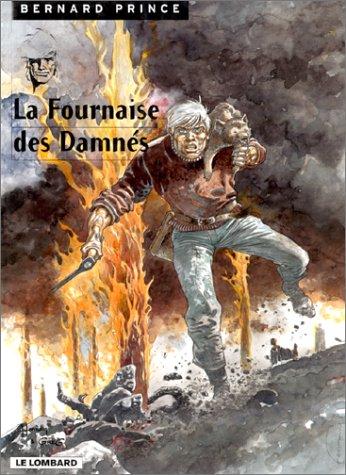
As you can see Bernard Prince is a traditional three man band strip, with Bernard Prince himself as the rugged hero and straight man, his best friend Barney the elder, fattish comic relief and cabin boy Djinn as the younger sidekick. There were women in the series, but these came and went as the plot demanded. The stories were largely the same: Prince and co would travel somewhere exotic in his yacht the Cormoran, get involved in whatever local difficulties were going on, then win the day through a combination of brain and brawn. Perhaps the best story in the series is “La Fournaise des damnés” (The Scorched Land), which sees Prince having to fight his way through a Canadian forest fire.
What makes Bernard Prince such a good series, head and shoulders above contemporary action-adventure series like Bob Morane or Bruno Brazil is both that Greg is always cleverer and more interesting than he needs to be to tell the story, as well as the evolution of Hermann from just another promising young cartoonist to one of the giants of the European adventure comic. In the end he was too good for the series and he moved on to his own creations. But Bernard Prince is where he got his start and developed his chops and fpr that reason alone it should be translated.
